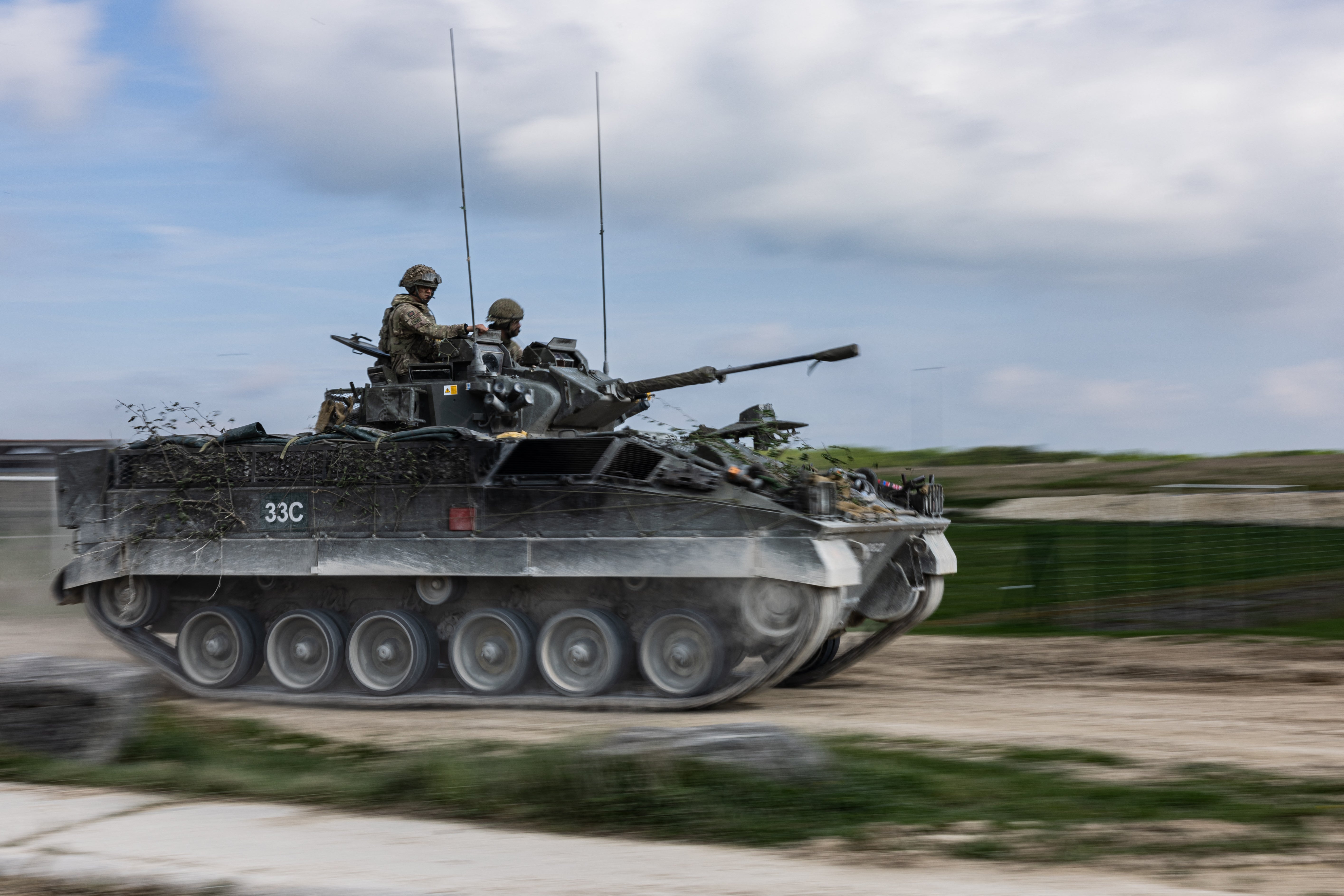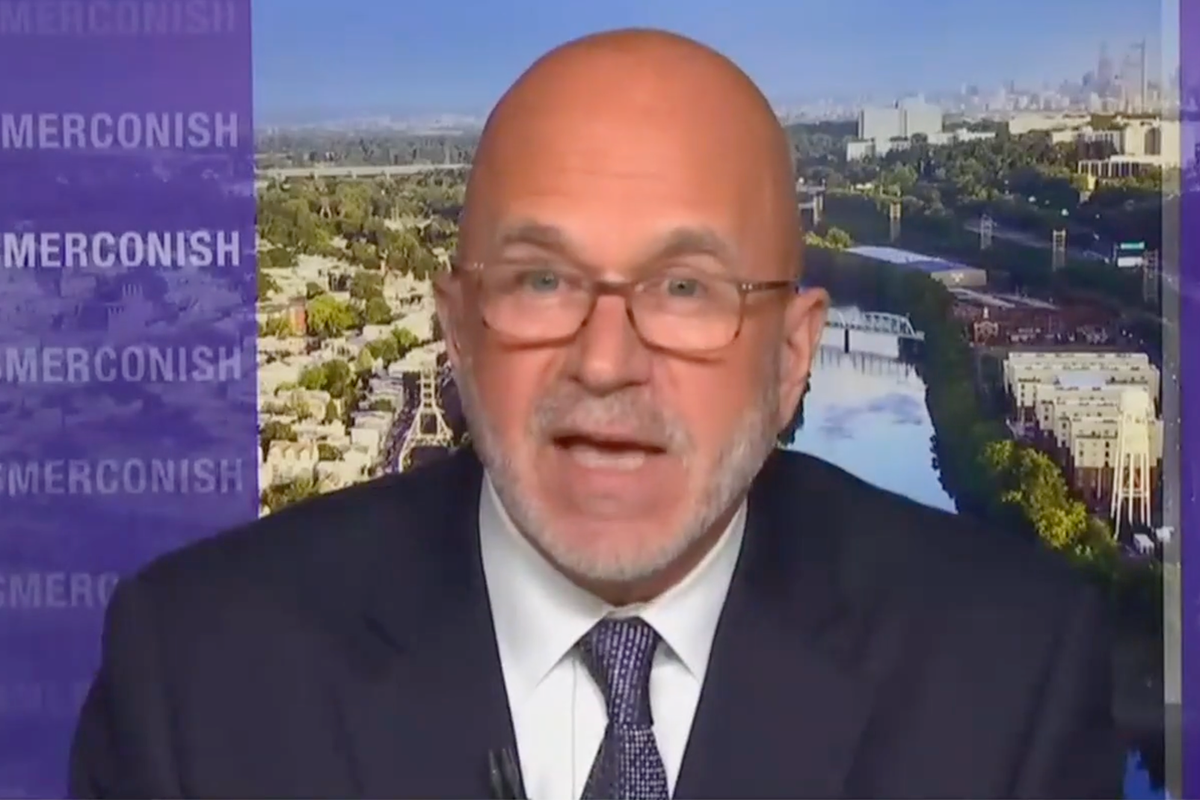Britain must prepare for the possibility of war with Russia within the next five years, the former head of the British Army has warned.
General Sir Patrick Sanders, who stepped down as Chief of the General Staff last summer, told The Telegraph that a conflict with Russia by 2030 was a “realistic possibility”.
The UK government needs to act swiftly to improve national resilience, he said.
“If Russia stops fighting in Ukraine, within months they could have the capability to launch a limited attack on a Nato member, which would require our support,” Sir Patrick told The Telegraph.
The former army chief revealed that previous conversations with government officials about building underground bunkers and command centres had stalled.
“It always came down to a conversation of it being too costly and not a high enough priority, and the threat didn’t feel sufficiently imminent or serious to make it worth it,” he said.

He pointed to Finland as an example, highlighting that it has bomb shelters capable of protecting 4.5 million people, allowing it to endure missile and air attacks. Sir Patrick said this is a level of preparedness that the UK lacks.
Sir Patrick also pointed to Estonia, Poland, and the Nordic countries as governments that take a “really proactive, serious approach” by encouraging their populations to prepare for potential attacks.
Late last year, millions of Swedes were sent a pamphlet advising them on how to prepare and cope in the event of war or another unexpected crisis, as Russia’s war in Ukraine continued to escalate.
Around the same time, Finland also published fresh advice on “preparing for incidents and crises”.

Sir Patrick warned funding for the UK’s air defences is “much lower” than necessary. He called for more investment in systems that could protect civilians from missile and drone threats.
He also criticised troop cuts that have left the British Army “too small to survive more than the first few months of an intensive engagement,” with reserves also inadequate.
In April 2024, the army fell below its recruitment target for the first time since it was set, with personnel numbers at the lowest level since the Napoleonic wars, at around 73,000 troops.
All three branches of the UK armed forces are currently sitting below their size targets.
Sir Patrick said the recent defence budget increases were “pretty marginal” and that the UK must wake up to the fact that “the world has become as dangerous, if not more dangerous, than it was in the Cold War”.






